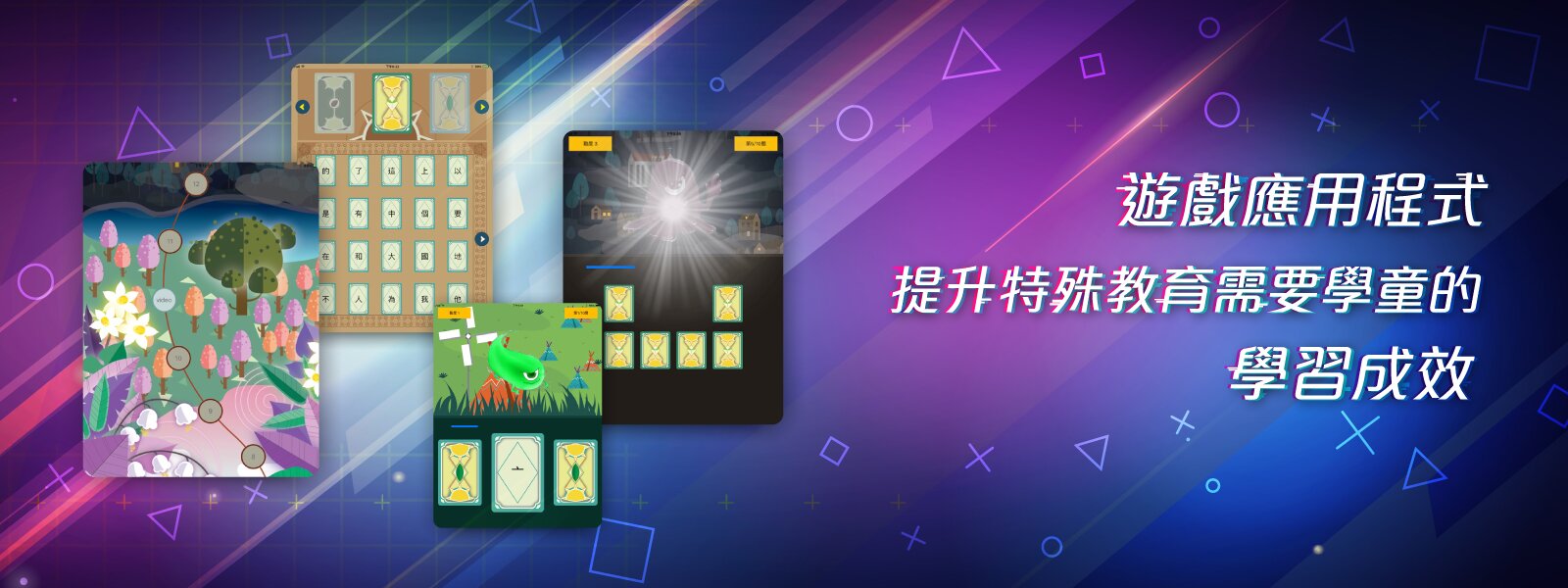遊戲應用程式提升特殊教育需要學童的學習成效

Dr Kean Poon Kei-yan, Assistant Professor at the Department of Special Education and Counselling, The Education University of Hong Kong, has been developing the first-ever Chinese character-focused gaming app for young children with special educational needs (SEN) since 2017. “i-Maze”, is designed to integrate creative technology and play-based learning into early childhood education, and improve the working memory and academic-related abilities of children with SEN.
Designed with an adventurous setting and storyline, children need to complete 25 sessions of two memory card games in the app – “N-back matching game” and “Card-pairing game”. Every odd level is the N-back training game and every even level is the Card-pairing training. Each session features both phonological and visual-spatial training tasks, with difficulty level adjusted according to children’s performance.
When playing the “N-back matching game”, words with similar or same phonemes or visual structures will be shown to children based on the N-back rule. For each item in the sequence, children need to judge whether it matches the one presented N items ago. For example, in the two-back test, children must identify the number that preceded the target by two items. For the “Card-pairing game”, children need to find the matching pairs of cards based on similar phonemes or visual structures. There are 25 levels, with each level getting progressively harder with more cards at each round.
Shortly after the app was launched, over a hundred of primary school students aged from seven to 10 with attention deficit hyperactivity disorder (ADHD) and/or reading disabilities (RD) signed up for training with “i-Maze”. Preliminary results revealed significant improvement in their working memory, as well as literacy skills after the training.
“It is crucial to include fun and play elements in our education system, especially when guiding SEN children. This helps cultivate their interest and sustain their motivation in learning new things,” said Dr Poon. “I’m so excited to see that the data captured from the study shows that the app helps students with AD/HD and dyslexia develop their attention levels via visual, audio and spatial training, and to learn effectively with innovative technology.”
Pre-service and in-service teachers have given positive feedback after deploying “i-Maze” in classes, where the app serves as an efficient and constructive tool to facilitate daily teaching of students with SEN.
Dr Poon is developing an English version of “i-Maze” with an expected launch date in late 2020 or early 2021, to generate more data for analysis, and to further enhance the effectiveness of the app in learning and teaching for SEN students. For more information about the app, please click here.



